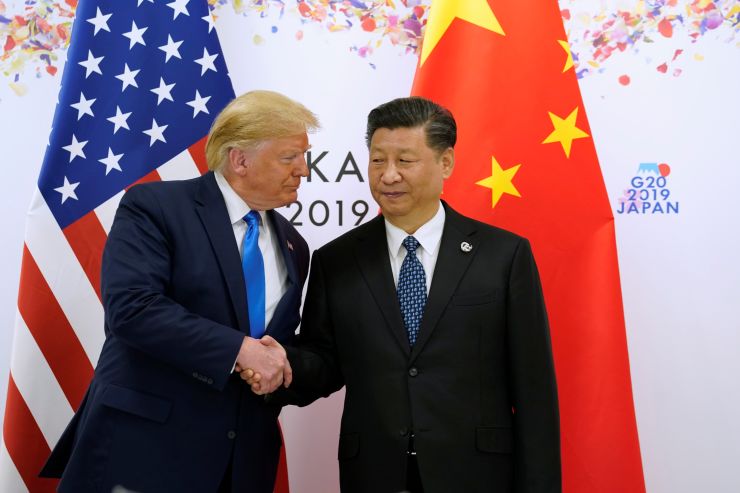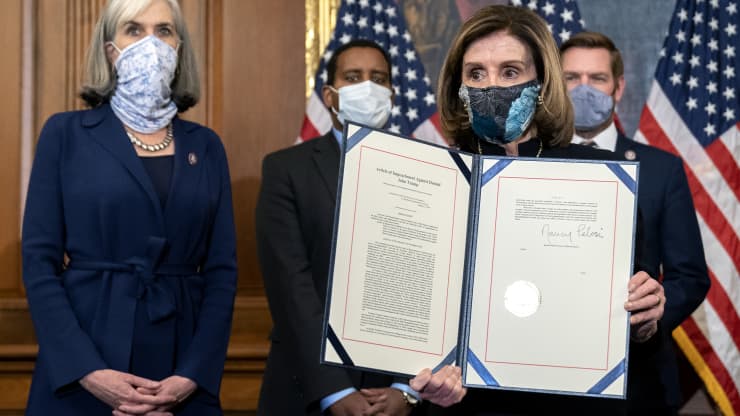
- 2020-12-28
Morgan Stanley on trade truce: No real progress, downside risks to economy and market remain
Tensions between the U.S. and China are not escalating but there is still “no clear path” towards a deal between the world’s two largest economies, according to Morgan Stanley. Developments at the G-20 Summit in Osaka, Japan over the weekend on their own do not erase the uncertainty that is weighing on corporate confidence and the broader global economy, the firm said. “As things stand, we lack clarity on whether real progress was achieved on the sticking points that caused talks to break down in the first place,” Morgan Stanley chief economist Chetan Ahya said in a note to clients on Sunday. On Saturday at the G-20 summit, President Donald Trump and Chinese President Xi Jinping agreed not to impose new tariffs on U.S. and Chinese goods. The U.S. said they would hold off on the potential 25% tariffs on the remaining $300 billion of imports from China and China said they would continue to buy U.S. agricultural products. This comes after a trade deal between the two countries fell through in the begging of May. Although Trump said the two countries are “right on track,” Ahya said the lingering unknown is dangerous for corporate sentiment and a looming economic slowdown. “Uncertainty is the enemy of the business cycle,” said Ahya. Corporate sentiment is at multi-year lows, global PMIs for May fell broadly and Morgan Stanley Business Conditions Index fell to its largest one-month decline on record. Ahya said the data is painting a bleak picture and causing consumer sentiment to “sour.” Ahya said the uncertainty, paired with earnings growth slowing, will cause the corporate sector to face tightening financial conditions. This “could impair lending, weaken confidence further and exacerbate the slowdown in growth,” said Ahya. Morgan Stanley’s equity analyst Michael Wilson said to sell the trade truce news, in a note to clients Monday. “A pause in rising trade tensions is not a fix for slowing US economic activity and earnings pressure,” said Wilson. Although unlikely, Ahya also said in the event of re-escalation between the U.S. and China, we could end up in a global recession in three quarters. On Monday, the Dow Jones Industrial Average futures implied a gain of about 250 points. S&P 500 and Nasdaq 100 futures also pointed to gains.












